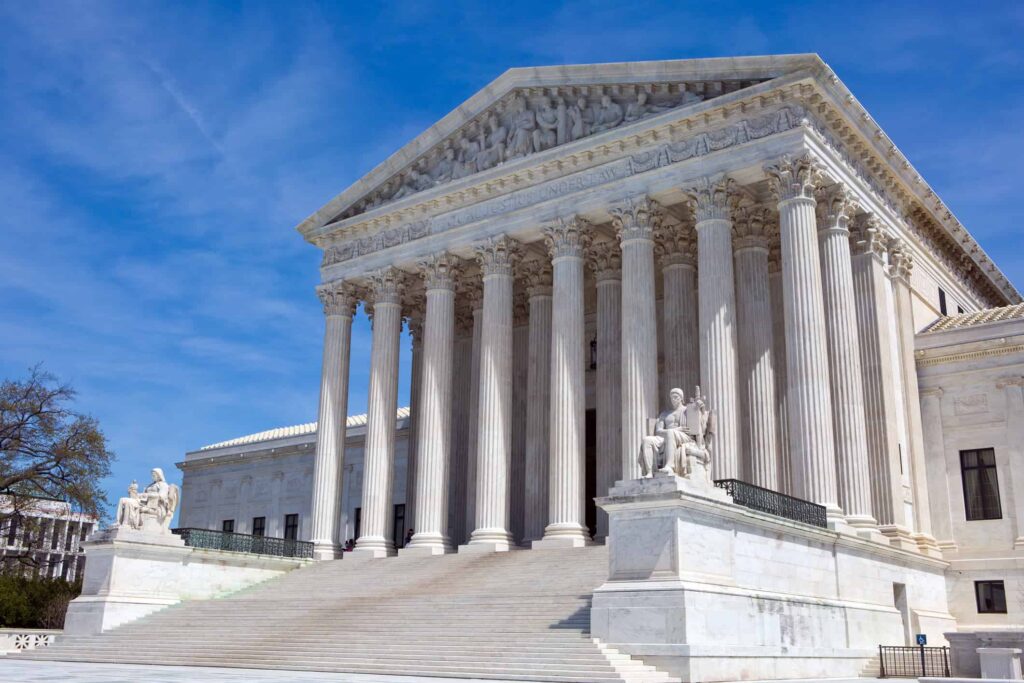One pernicious feature of the climate debate is the degree to which orthodoxy relies on insult and character assassination, especially pseudonymously or anonymously. Thus the Wikipedia entry on climate change skeptic Myron Ebell of the Competitive Enterprise Institute says he “has falsely claimed that ‘the rate of warming according to the data is much slower than the models used by the IPCC.’ Climate scientists note that past climate models have accurately predicted subsequent rates of global warming.” Which is false. The models are notorious for “running hot”, to the point that alarmists are now trying to find the missing heat in the oceans. Perhaps a better place to look would be the rhetoric.
Some may be tempted to dismiss Wikipedia as just a bunch of people going yada yada yada online. But generally speaking it has fulfilled and even exceeded expectations in harnessing the wisdom of crowds to the collection and dissemination of knowledge since its launch in 2001. Virtually nobody today beginning to research a topic or needing a fact-check would look first at a paper encyclopedia. Thus the Wikipedia smear job on Ebell, and the general tone of ignorant hostility on its entries specifically related to climate, reflect not on the platform but on the subgroup of contributors focused on that particular subject.
The claim that Ebell’s claim was false was footnoted, as things in Wikipedia tend to be. But it was footnoted to two news stories, one from “Climate Feedback” and the other, from The Independent, saying “BBC condemned for inviting climate change denier to debate global warming report” that mostly quoted advocates saying people they disagree with should not be invited onto television programs.
Facts are however stubborn things. Even sources that defend the models tend to admit that they can’t explain the past, a non-trivial failing, and in showing a pretty good fit to early 20th-century temperatures they rely on an El Nino-driven spike to 2016 that is simply not climate-related. (Meanwhile the BBC has repeatedly been caught telling fibs about climate in service of alarmism.) And if Ebell is wrong, it should be possible to demonstrate it with something a bit more solid than critics calling him names in a newspaper, linking him to Donald Trump (he assisted with the transition in 2016), and saying he “is not a scientist” which, as we’ve noted, is not something people tend to raise about Al Gore, Elizabeth May or Leonardo DiCaprio or, very often, the people raising the objection.
Science is driven by curiosity and skepticism. Faced with a divergence between model predictions and evidence, it asks what’s wrong with the models. Politicized science asks what’s wrong with the evidence. Activism asks what’s wrong with the people pointing out the problem.


